We’re barely more than a year into it, but there’s already no doubt that this decade will be the most calamitous in the history of the engine.
Even if rumours of the imminent death of the internal combustion engine (and for these purposes, when I say engine, that’s what I mean) prove somewhat premature, we know that we entered the 2020s with almost all cars powered by engines but will leave it with very few. And those that do remain will be downsized shadows of their former selves, at best permanently chaperoned by electric motors to make sure they behave themselves, at worst cast in merely supporting roles to bigger, heavier and more potent electrics.
So let’s not dwell on that and cast our minds back to try to determine the decade in which the good old engine flourished more than any other. This isn’t as simple as you might think, and not simply because my view of what constitutes flourishing will necessarily be different to yours. Is it the decade in which the engine made the greatest technological advance or the one in which they started producing the most power? Is it the decade in which there was the greatest variety of configurations or simply the one in which engines reached their peak efficiency? Every question has a different answer, and the point here is that none is wrong. It’s all down to perspective and preference.
There is, for instance, an extremely strong argument supporting the view that the 1870s were by far the most important for the engine because, although it evolved over time, most would agree that this was the period in which it can be said to have come into being as a practical means of converting thermal energy into mechanical energy. And we won’t let the minor inconvenience that, back then, there was no such thing as a car into which to put one delay us. Or maybe we will.
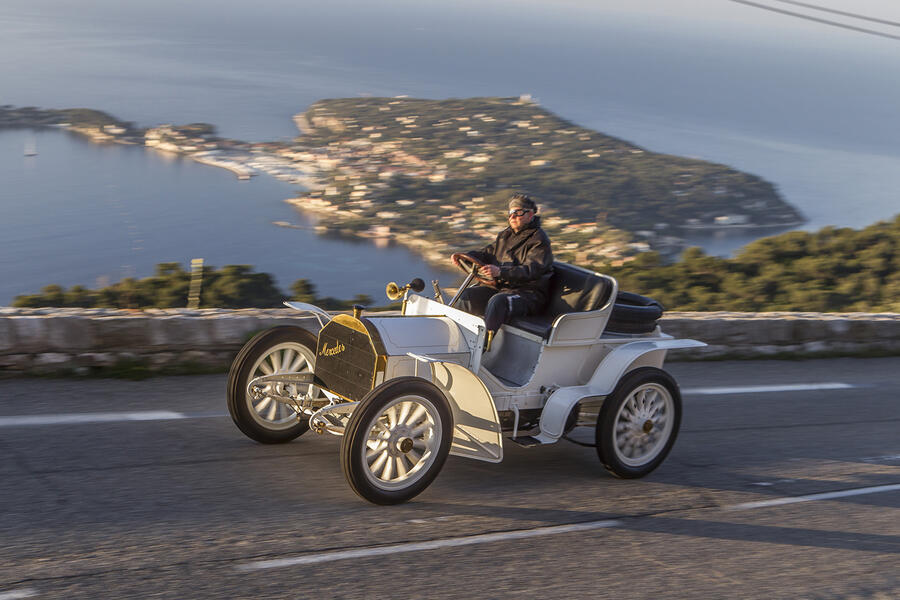
This, after all, is Autocar. The clue is in the title. So that makes the best decade the 1880s, the one in which Nicolaus Otto’s four-stroke, compressed, charged engine concept was first used by Karl Benz in something that would only some time later become known as a car – surely?

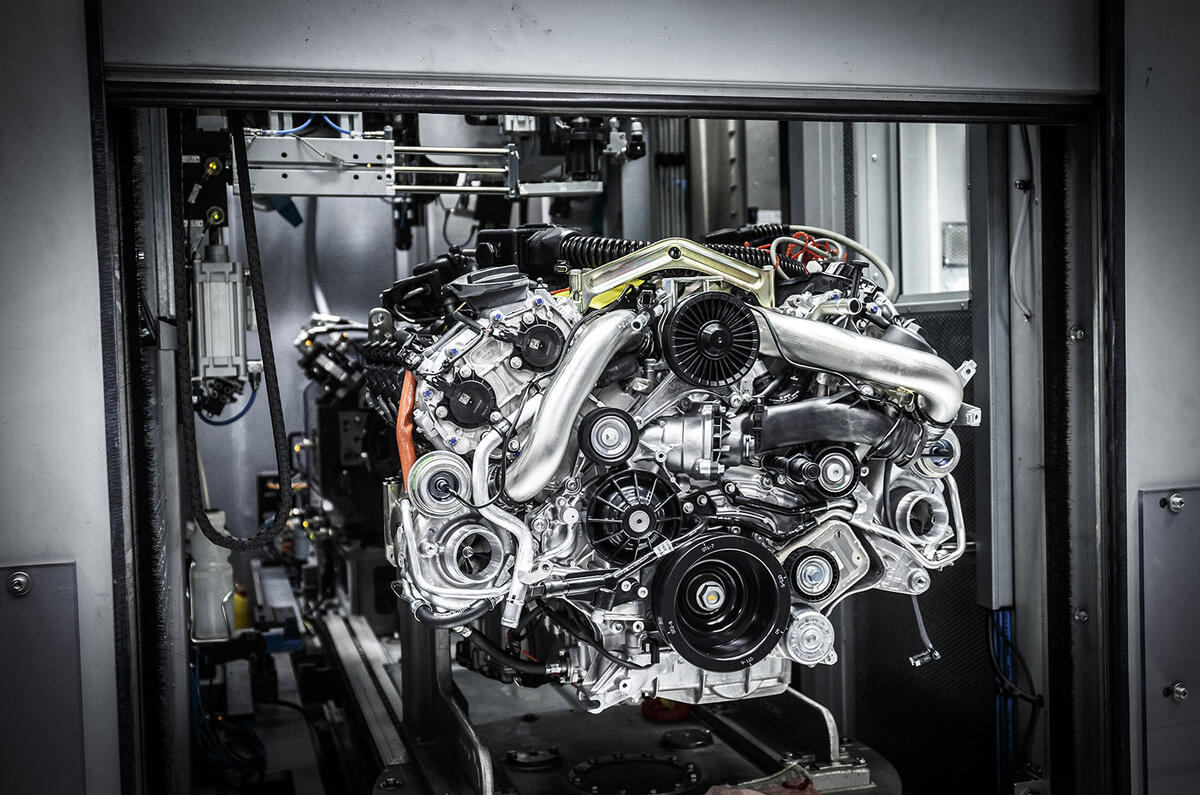
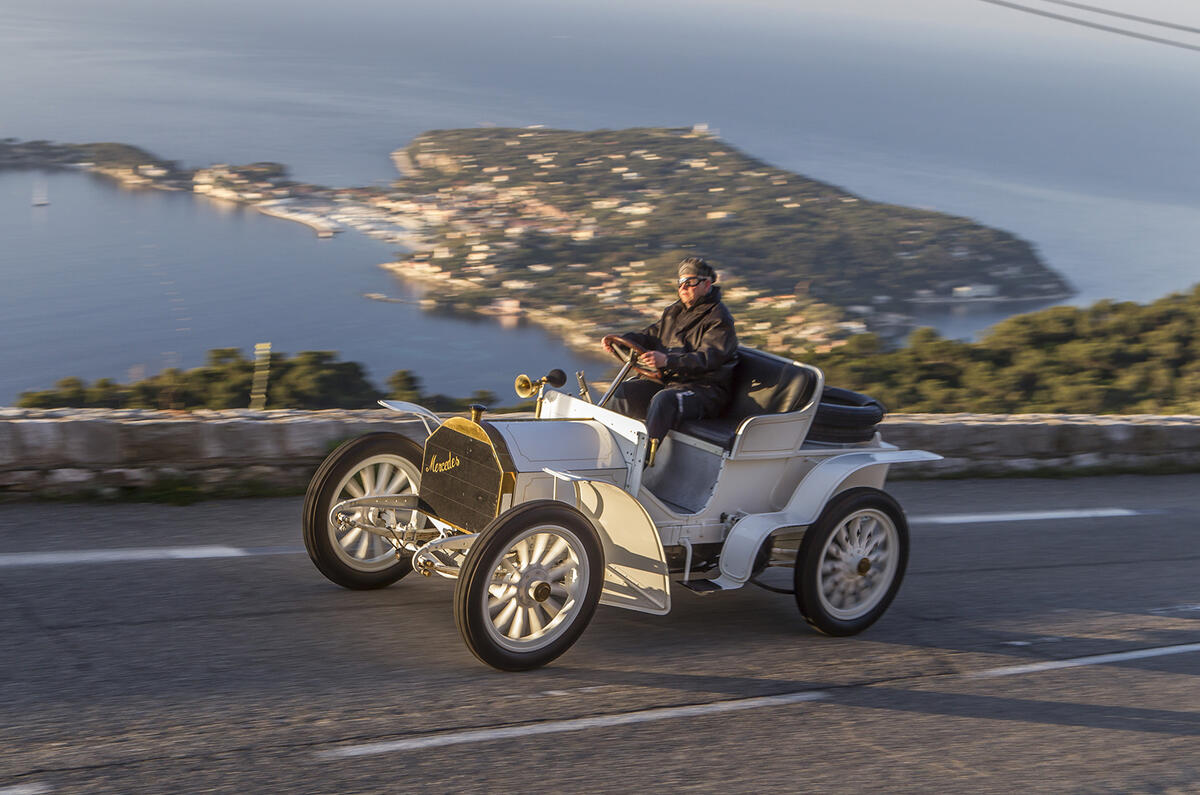
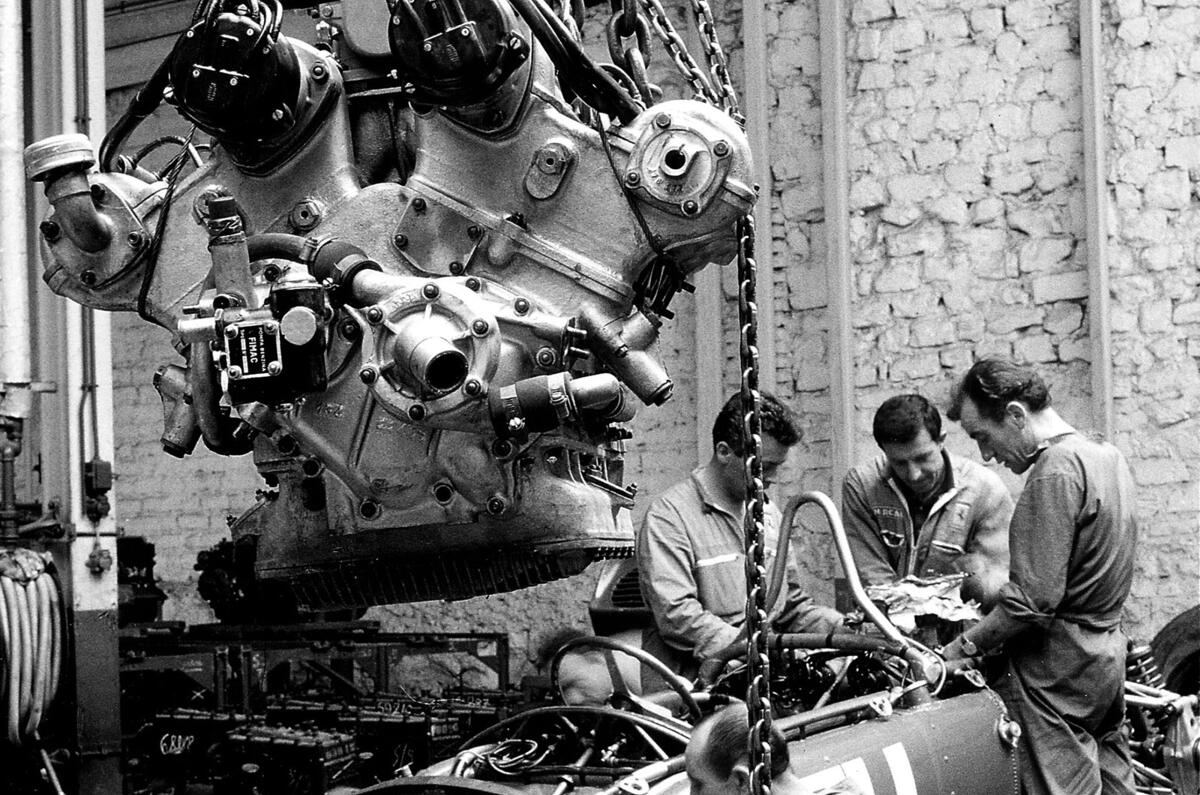
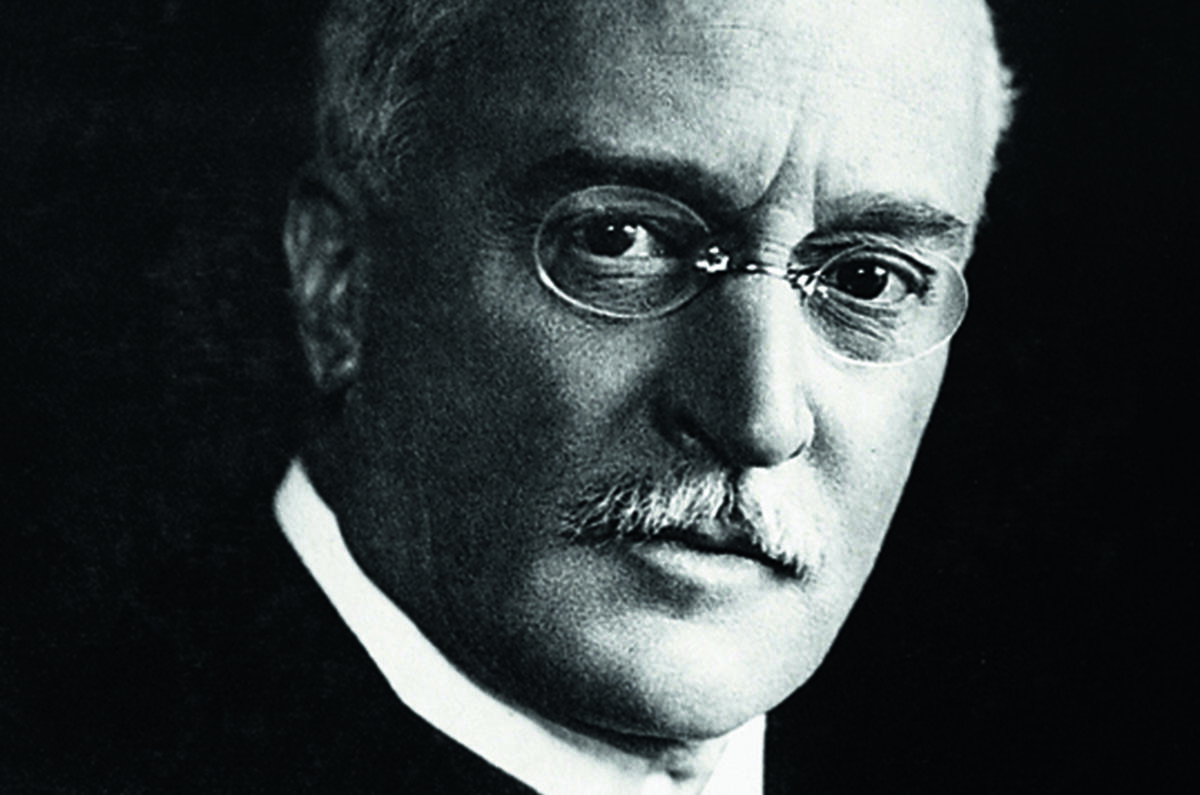

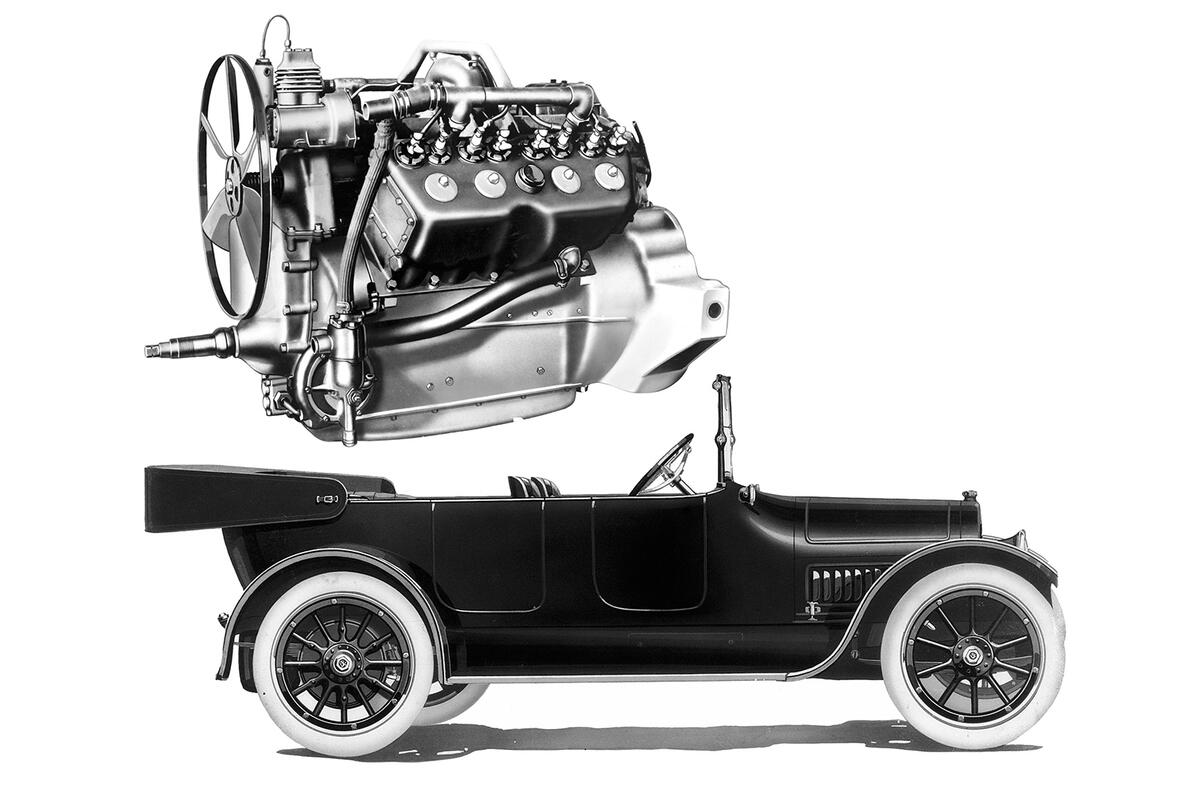
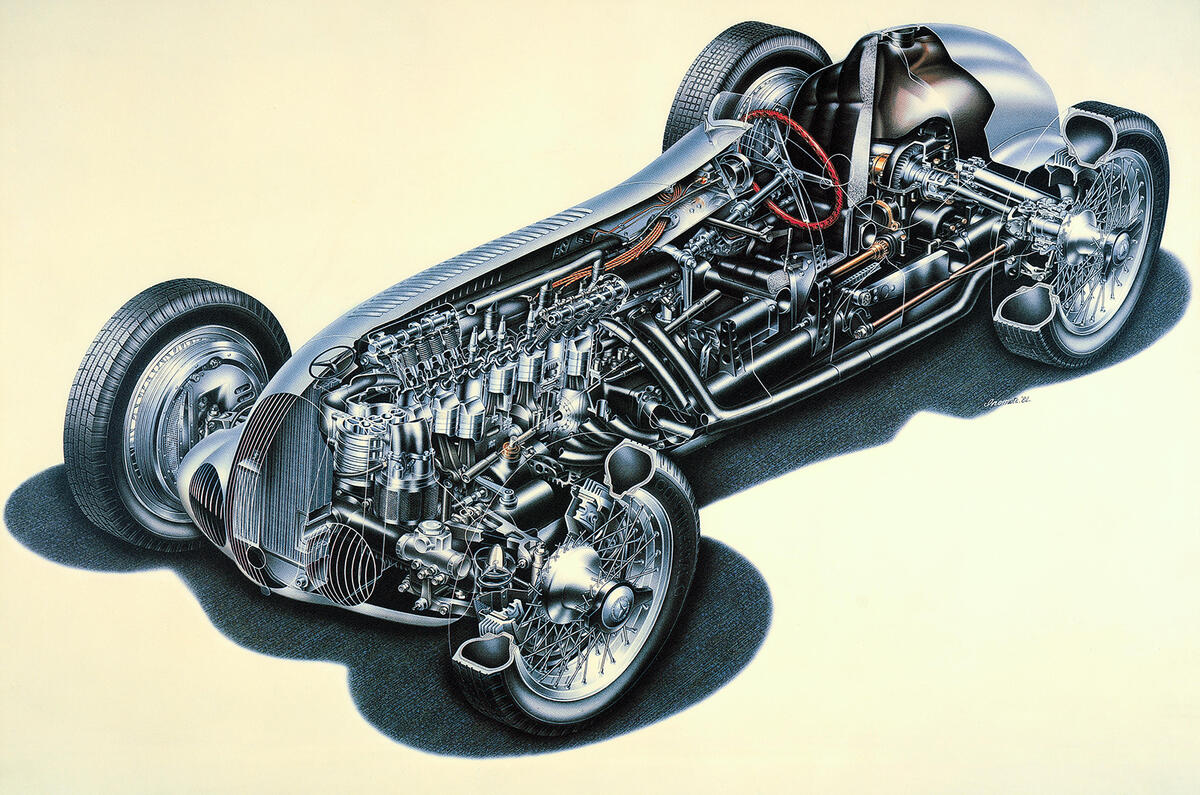
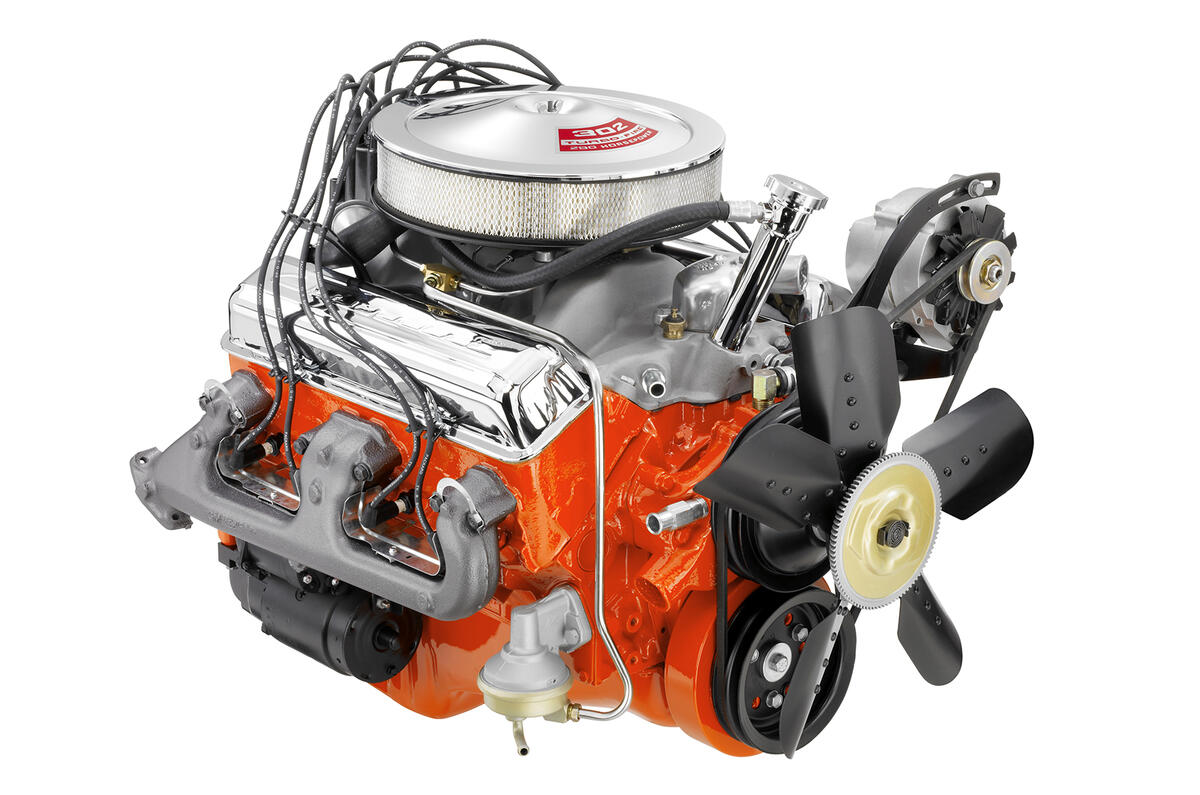

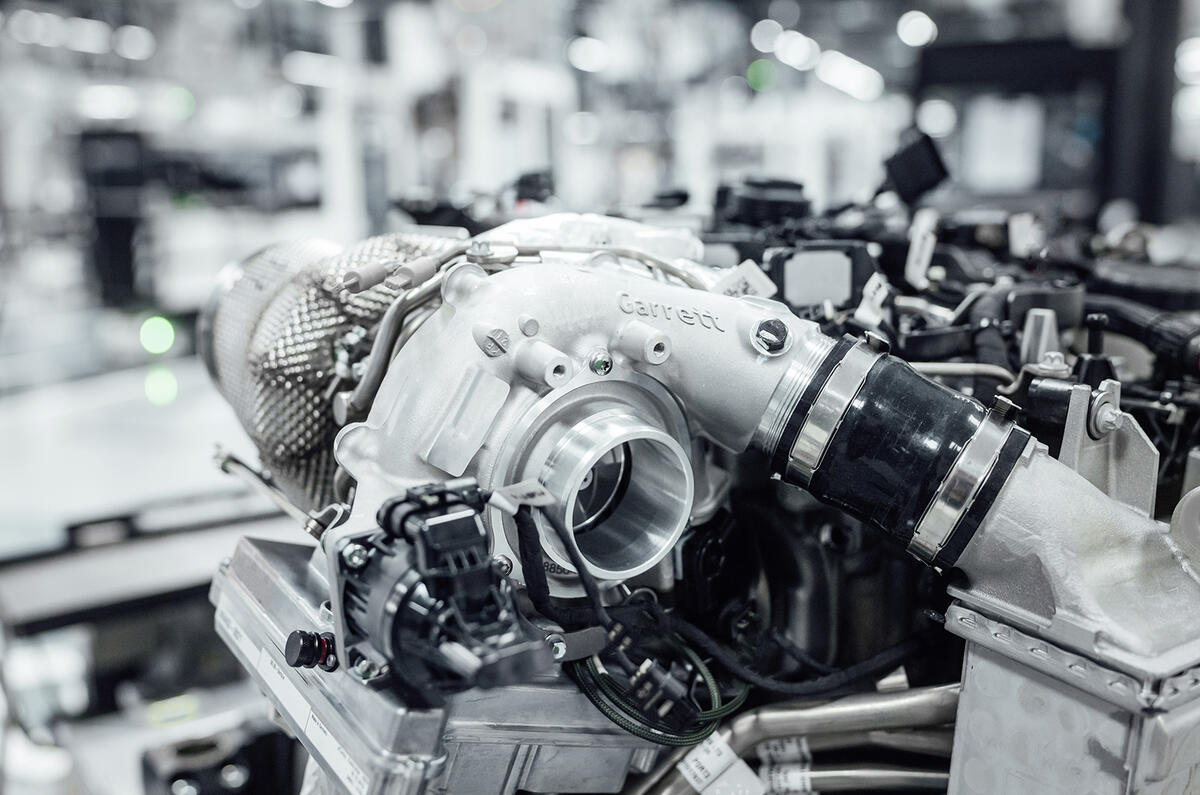
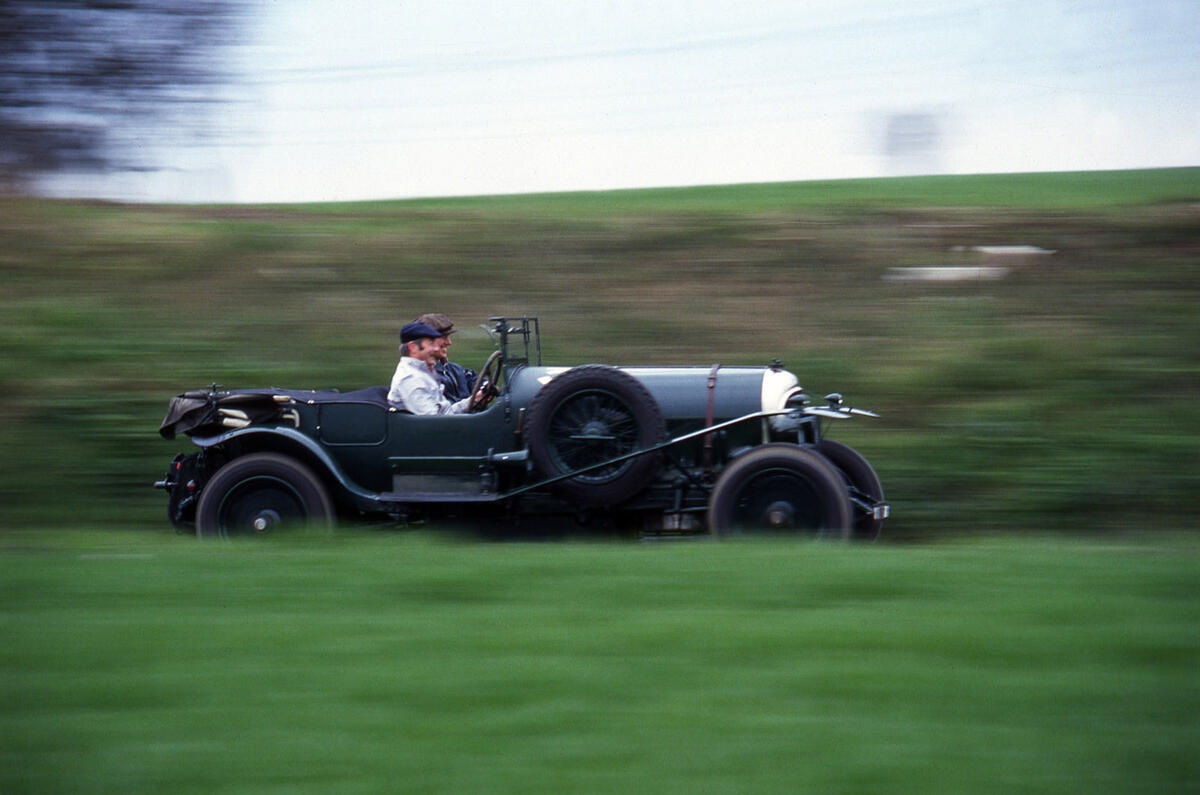
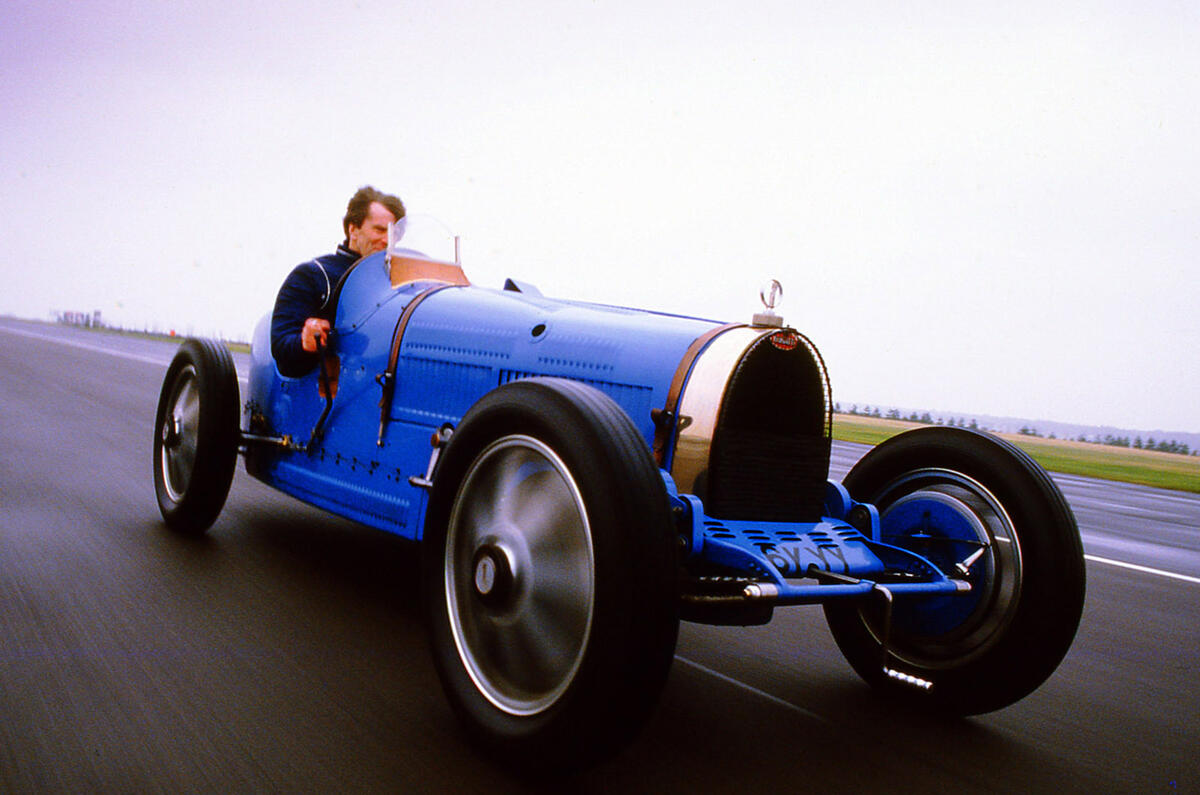
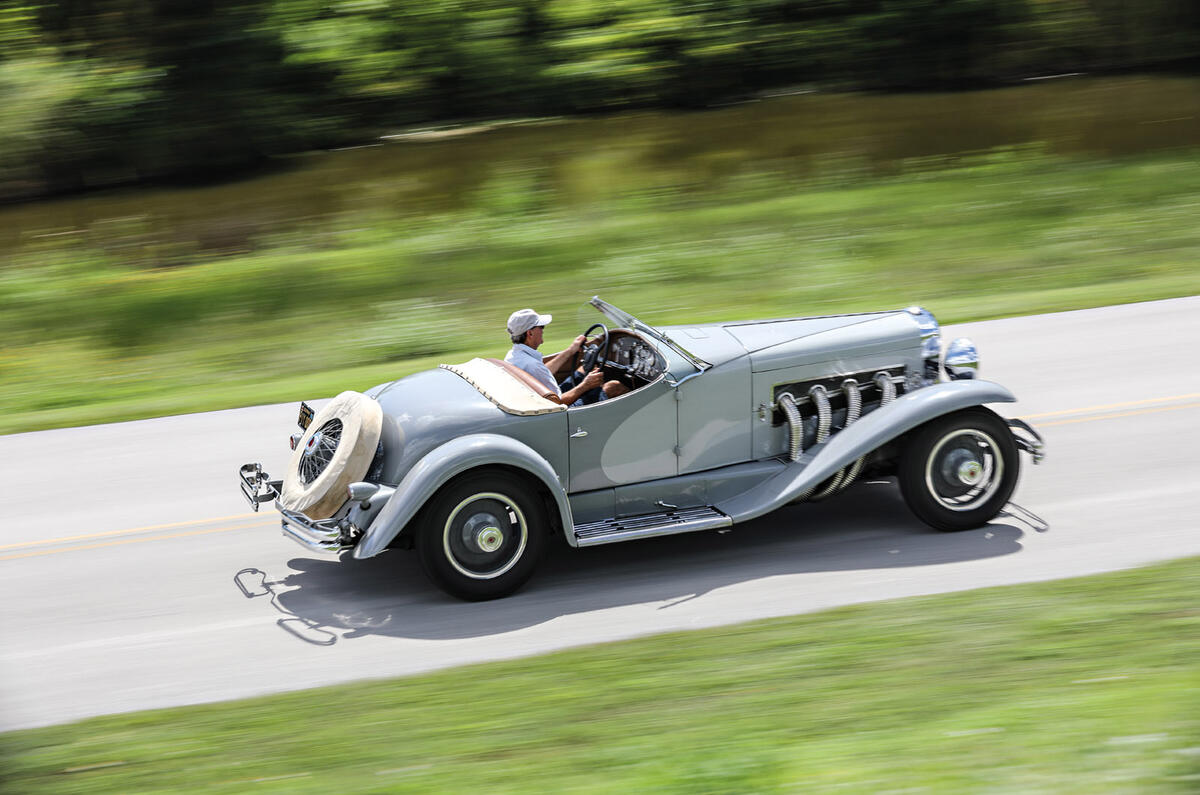
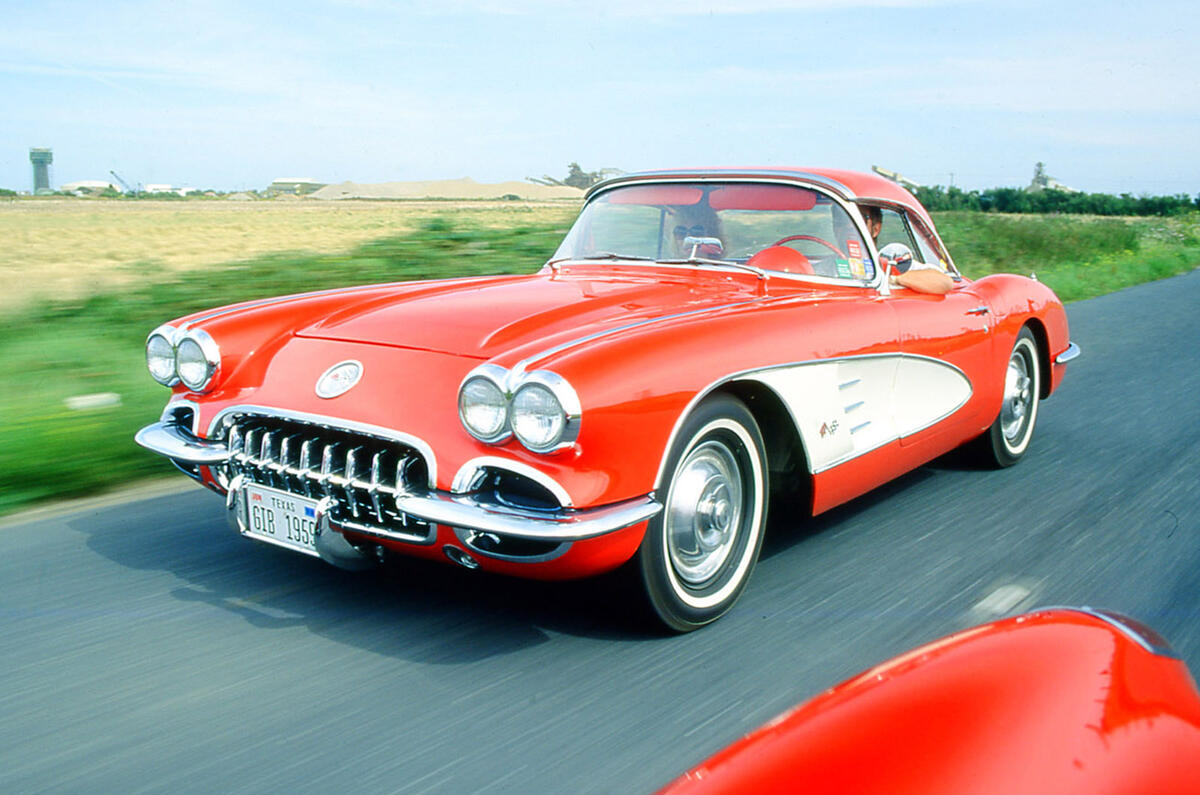
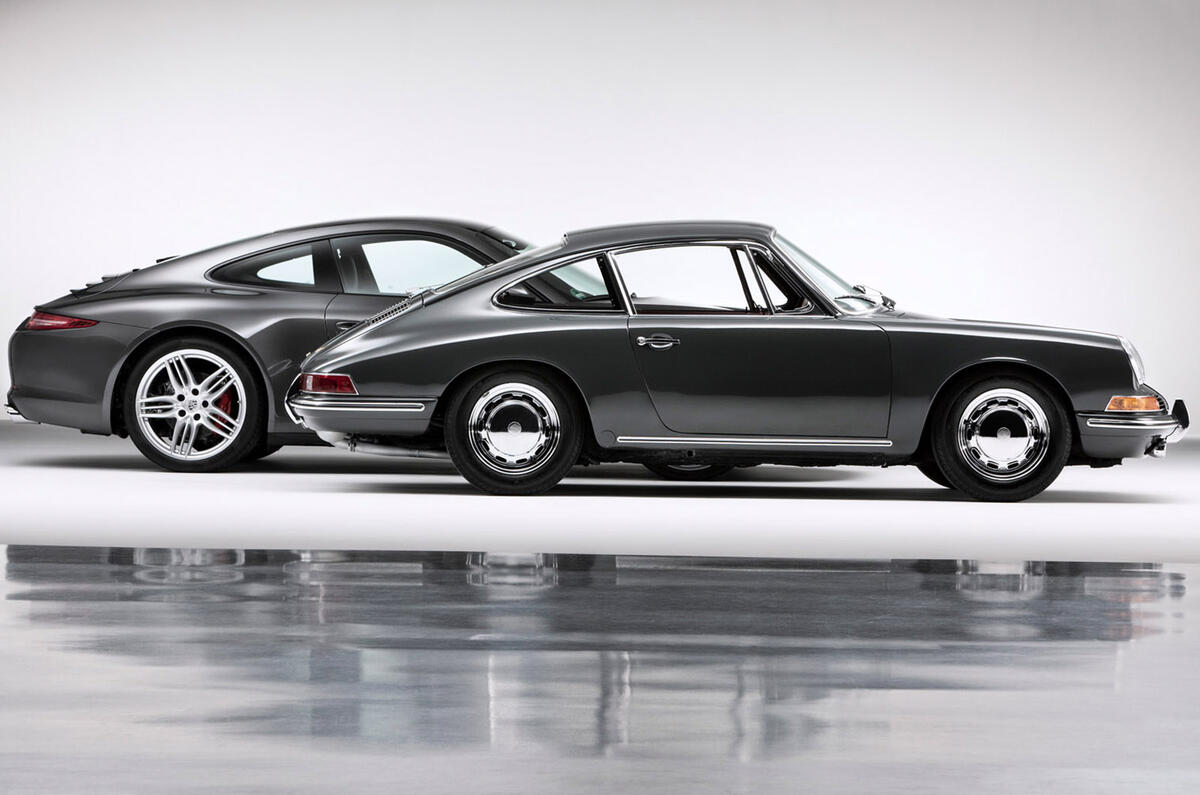
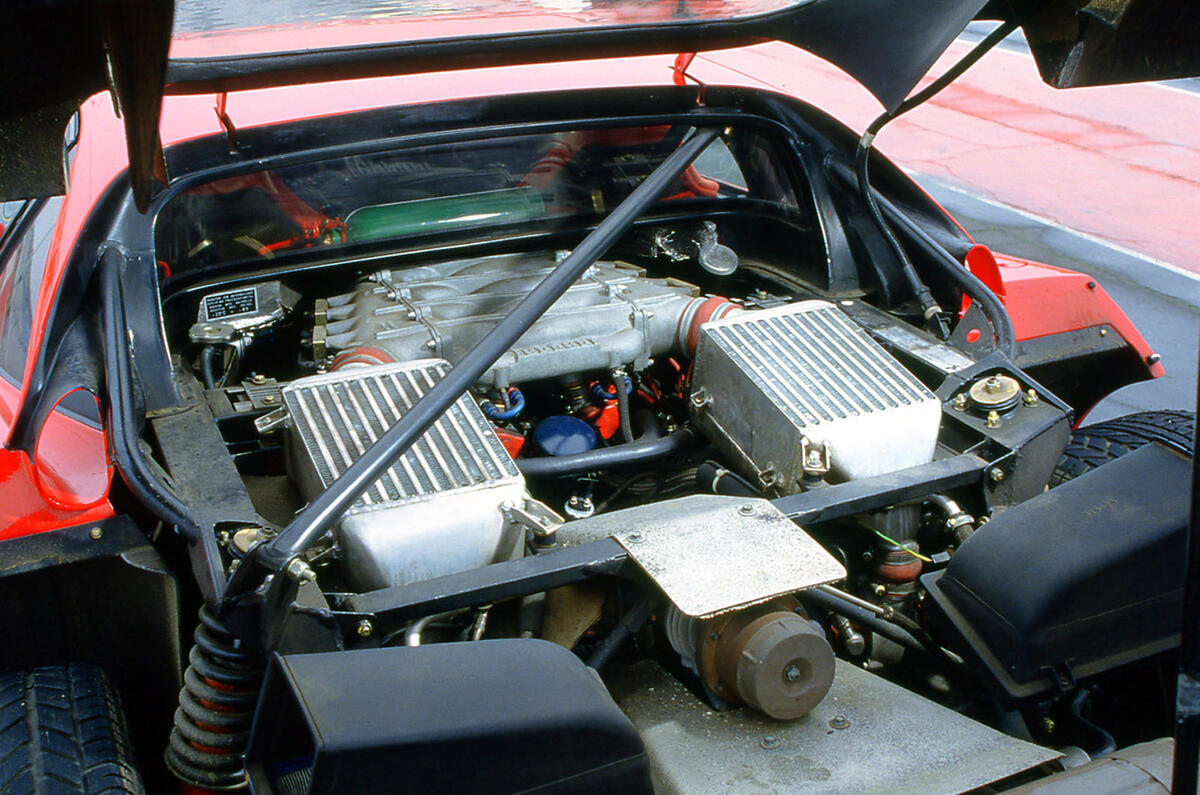
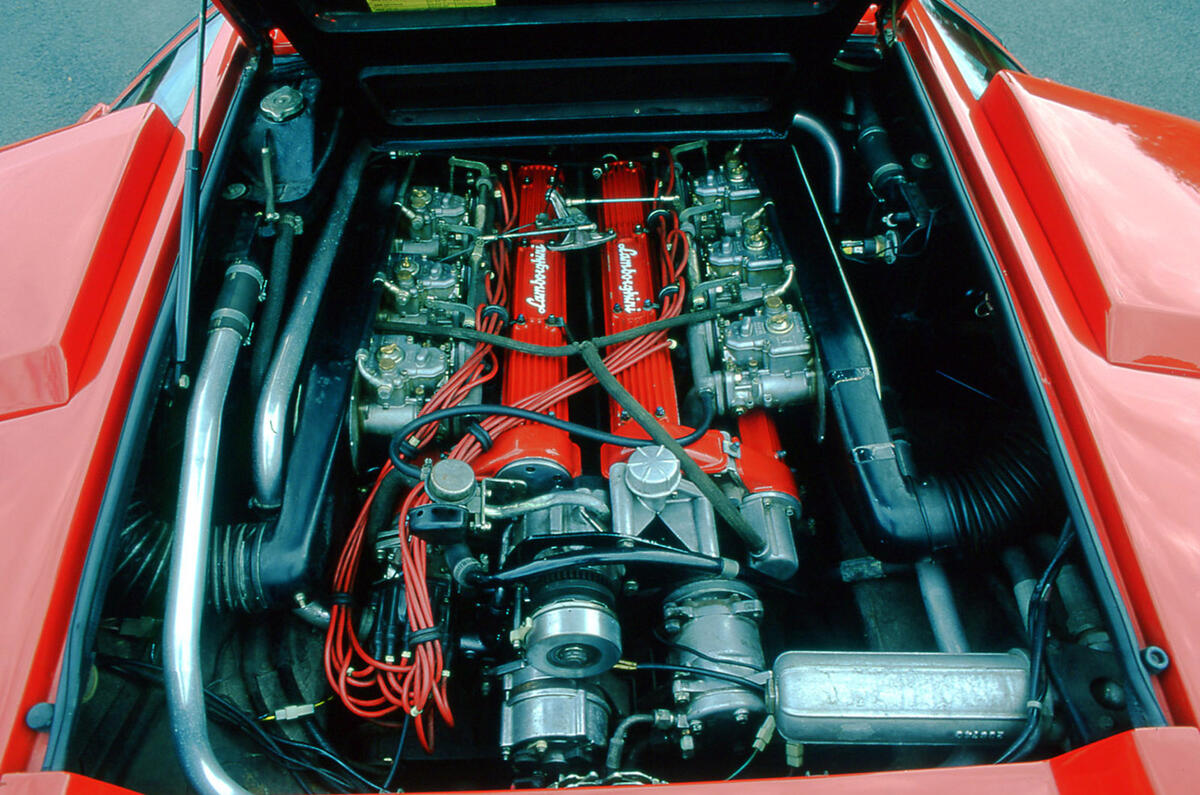
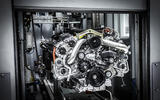

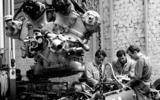
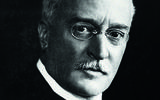

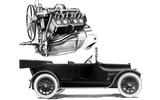
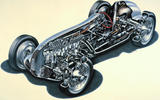
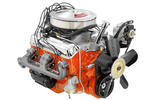


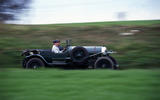
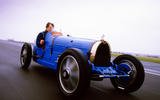
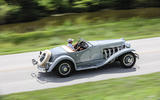
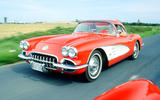
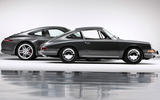
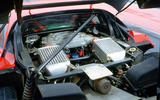
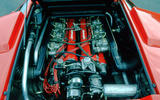

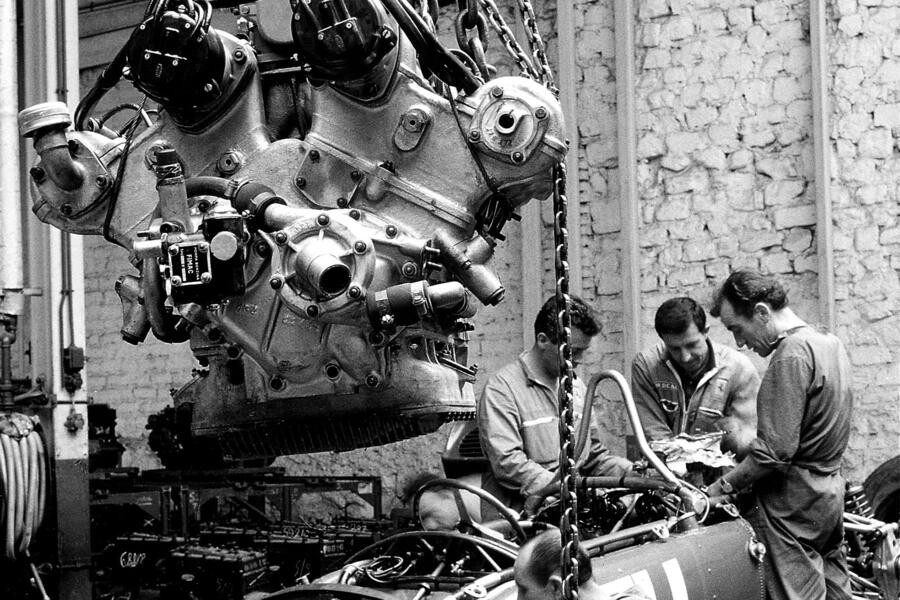

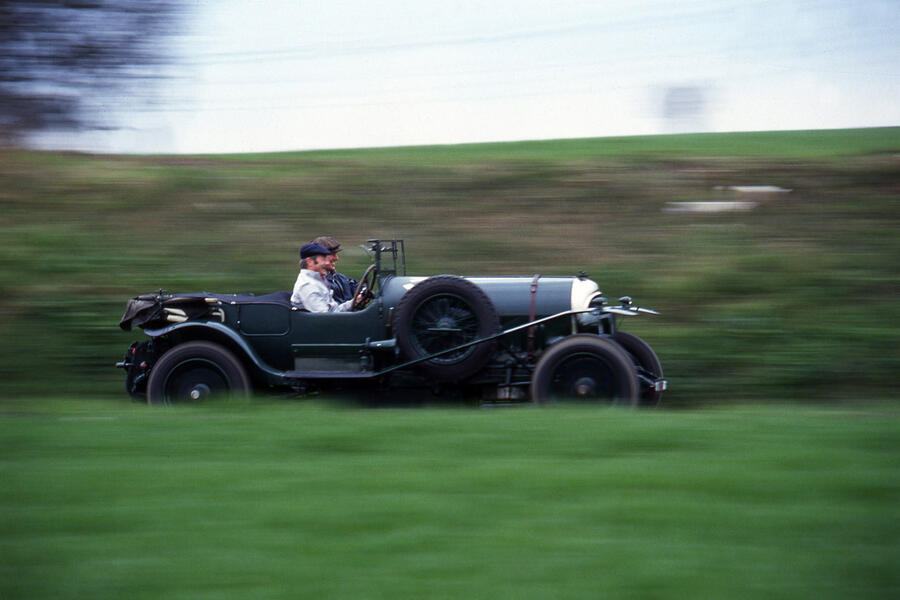
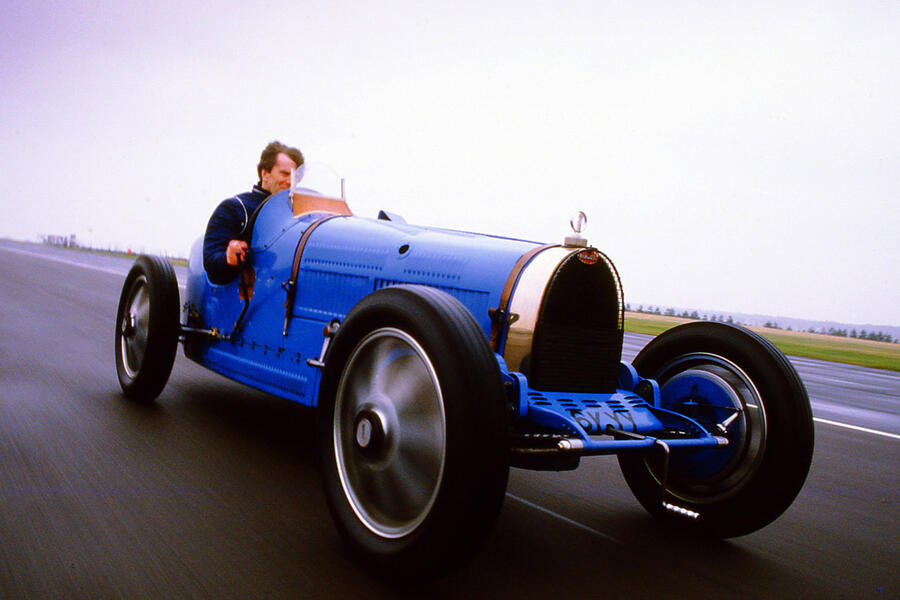
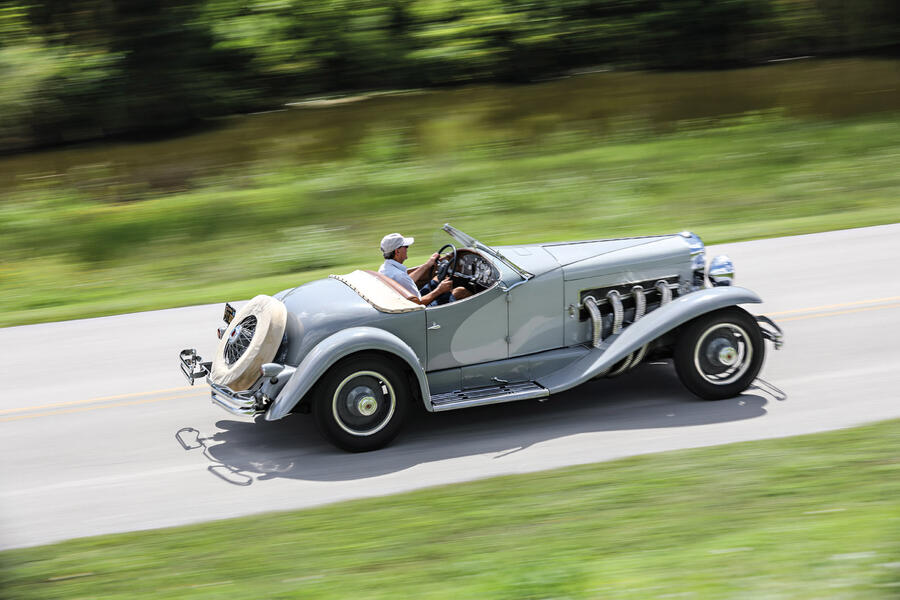
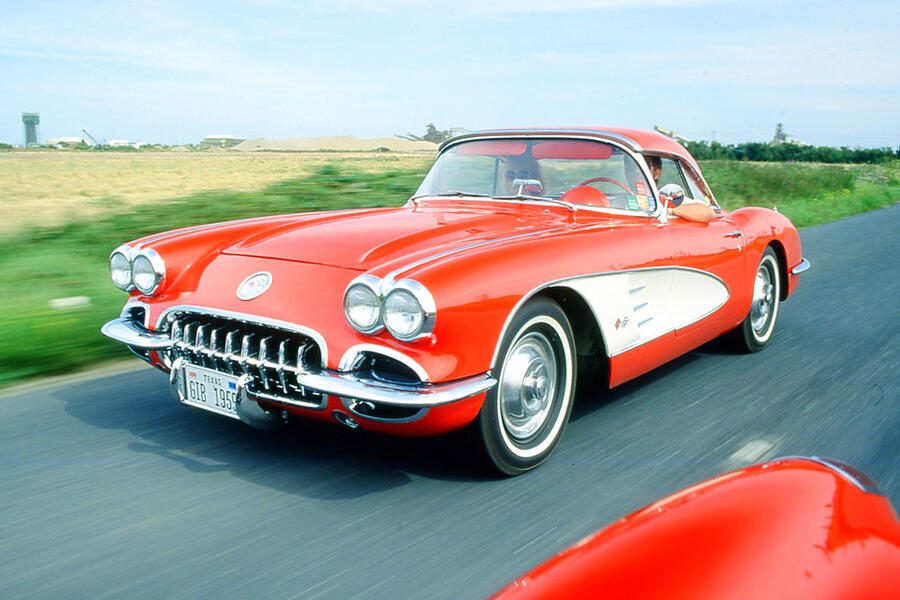
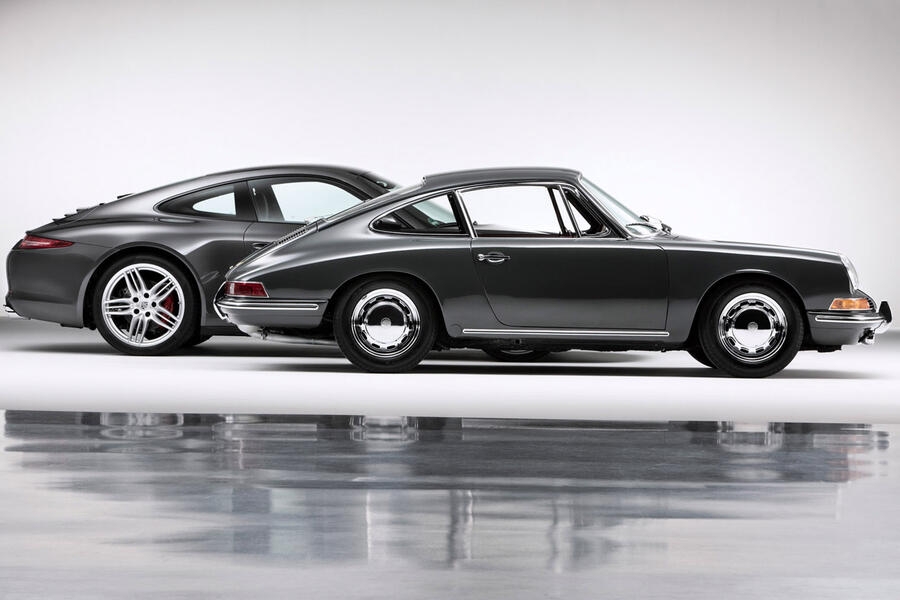



Join the debate
Add your comment
I was wondering where overhead valves would fit into this. It turns out Buick got the credit in 1903 although the Mercedes Simplex engine mentioned above also seems to have them about the same time...
Well Stockholm, i doubt there'll be any pre 1905 still going by then, I merely, just for some future pre2021 would still be going a hundred years hence?
Well Peter if they keep the same rules there won't be any - the London - Brighton run is for pre 1905 cars!